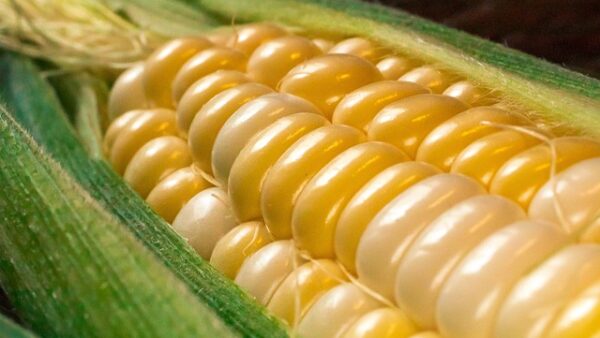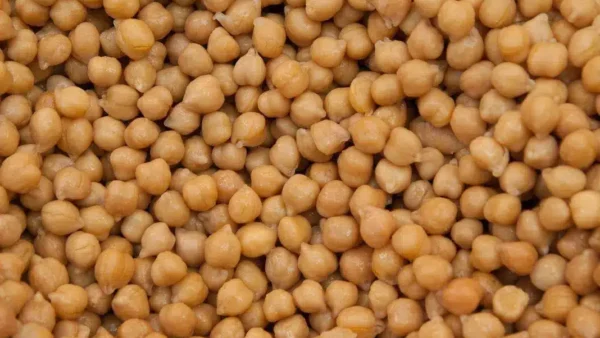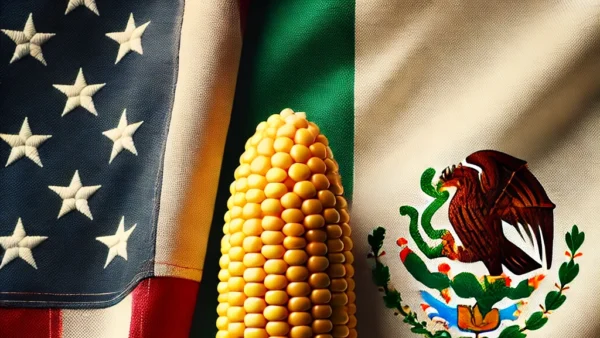Seed World LATAM sat down with the Uruguayan Plant Breeders Association operations manager, Victoria Stewart, to get perspective on three critical questions about today’s seed sector.
1. What skills do today’s plant breeders need to succeed?
For plant breeders to stand out today, they need a set of skills that allow them to navigate an ever-evolving environment. Advances in biotechnology and molecular genetics, such as the use of gene-editing tools like CRISPR-Cas and molecular markers, are essential for developing more efficient, resilient, and sustainable crop varieties. At the same time, integrating sustainability into breeding programs is crucial to address the need for crops that require fewer resources and can better adapt to changing change conditions.
A strong understanding of regulations and intellectual property is also necessary, as knowing the legal frameworks that protect plant varieties is essential to ensure their safe development and commercialization. Another key aspect is handling large volumes of data and digital tools. The ability to work with artificial intelligence and computational models not only accelerates the selection processes but also improves the accuracy of results.
Moreover, plant breeders must remain attentive to market and consumer demands. Today, success is not only about yield and resistance but also about factors like taste, nutritional quality, and shelf life, which are increasingly valued. Lastly, teamwork is indispensable. Success in this field is not achieved in isolation; collaboration with agronomists, economists, regulators, and consumers is fundamental to developing comprehensive solutions.
At URUPOV, we support the promotion of these skills by advocating for plant variety protection and facilitating collaboration among key agricultural sector players. We believe this approach will enable today’s plant breeders to become the change agents that the future of agriculture needs.
2. How should the seed industry support a new generation of professionals in the sector?
The seed industry plays a crucial role in preparing the next generation of professionals, ensuring they have the necessary tools to face future challenges. This begins with a strong investment in education and training. Collaborating with universities and institutions to offer specialized programs in biotechnology, bioinformatics, and molecular genetics, alongside an understanding of global trends and regulatory frameworks, is essential.
Practical experience is another fundamental pillar. Internships, professional training, and access to advanced laboratories and technologies allow students to apply their knowledge in real-world settings, strengthening their technical skills. Simultaneously, the industry should foster innovation by supporting research projects addressing sustainability and climate change, as well as promoting mentorship programs that connect young professionals with industry leaders.
Facilitating access to global resources, such as scholarships for international studies or participation in events like the Seed Congress of the Americas, is equally important. This not only expands their knowledge but also strengthens their professional networks.
Finally, the industry must ensure a diverse and inclusive environment, encouraging the participation of women, young professionals, and experts from different disciplines. Moreover, communicating the positive impact of the sector and recognizing emerging talent is key to attracting and retaining the best minds.
Through these actions, the seed industry will not only ensure its continuity but also contribute to the development of a more innovative, sustainable, and competitive agricultural sector.
3. In the new era of the seed industry, where artificial intelligence is transforming how companies operate, how do you foresee AI changing the sector in the next decade?
Artificial intelligence is profoundly transforming the seed industry, and in the next decade, its impact will be even more significant. One of the most notable changes will be in plant breeding. Thanks to AI’s ability to analyze vast amounts of genomic and phenotypic data, new crop varieties can be developed faster and more precisely, tailored to both local and global needs.
Additionally, AI will drive the emergence of more personalized agriculture. By integrating climate, soil, and yield data, it will be possible to design seeds specifically suited for different conditions, improving both efficiency and sustainability. AI will also revolutionize supply chains, as it will enhance demand forecasting, optimize inventory management, and reduce waste, ensuring better availability of high-quality seeds.
In decision-making, artificial intelligence will allow companies in the sector to analyze market trends and farmers’ needs more quickly, enabling them to adjust their strategies more effectively. In the field of intellectual property, AI will assist in tracking protected traits and preventing infringements, strengthening confidence in the plant variety protection system.
However, this transformation also presents challenges. Training professionals to harness these technologies will be crucial, as will ensuring that innovation aligns with sustainability principles and societal demands. At URUPOV, we believe that AI, when used with vision and responsibility, can be a powerful tool to enhance the seed industry’s positive impact on agriculture and global food security.













